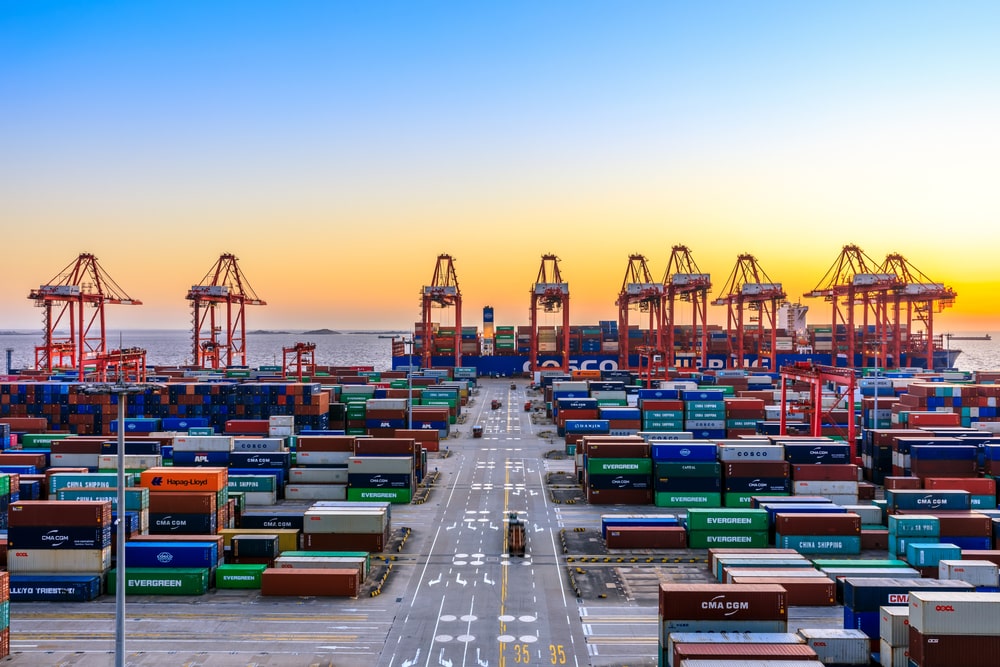
Delays at the Chinese ports of Guangzhou, Yantian, Shenzhen, Shekou and Nansha caused by a rise in coronavirus cases will impact the exporting of more than $40 billion’s worth of ICBs, according to analysis by Russell Group.
The rise in cases has been concentrated in Southern China, which is where China’s manufacturing and technology heartland is based. Therefore, many leading technology companies such as Huawei and Foxconn Industries have more than a billion-dollar exposure to any losses caused by the disruption.
Many experts have compared the disruption to the Suez Canal blockage in March of this year. Yet, while it took about several weeks for ship schedules / supply chains to return to normal after the Suez disruption, analysts are saying that it may take months for the disruption in Southern China to return to normal.
In a statement on the disruption, Maersk said that this “trend is worrying, and unceasing congestion is becoming a global problem”, noting that due to COVID-19 and a rise in the volume of trade, “terminals are becoming global bottlenecks and that it continues throughout the logistics chain too.” The statement went on to note that this issue is not just limited to Yantian and that “there are many other ports where a one or two day wait is becoming the norm, even if the ship arrives on schedule.”
The slowdown in trade started with a rise in COVID cases in Yantian, forcing many carriers to divert their ships to other ports such as Guangzhou, Yantian, Shenzhen, Shekou and Nansha, resulting in some of Southern China’s major ports all facing a backlog of shipments.
-min.jpg)
Yantian Port, China one of the biggest ports in the world.
As Russell’s analysis can reveal, this disruption has a large knock on effect for global trade, as key commodities from ICBs to people carriers faced large delays in being transported:
Yantian – Exports ($113 billion annually from port)
Yantian – Imports ($81 billion annually from port)
Guangzhou – Imports ($46 billion annually from port)
Guangzhou – Exports ($37 billion annually from port)
ALPS Marine
Suki Basi, Russell Group’s Managing Director, commented on the launch of the figures:
“The current disruption in China, just like the Suez Canal disruption, once again reinforces the vulnerability of global trade and in turn the supply chains that organisations rely upon. Over the last few years, as trade has increased, key ports are becoming potential single points of failures or “bottle necks” where trade is funneled through.
“From a risk perspective, what we are also seeing here is a dangerous level of port accumulation, which should be a cause for concern for marine underwriters. What is required is greater data-led insights that can show organisations and their (re)insurers, where their levels of exposures are and how they can take the appropriate risk mitigation steps to contain the fallout from events. This analysis has been made possible by our Insight-led ALPS Marine technology, which blends together industrial data and technical expertise to provide decision-support for risk managers and underwriters. ”